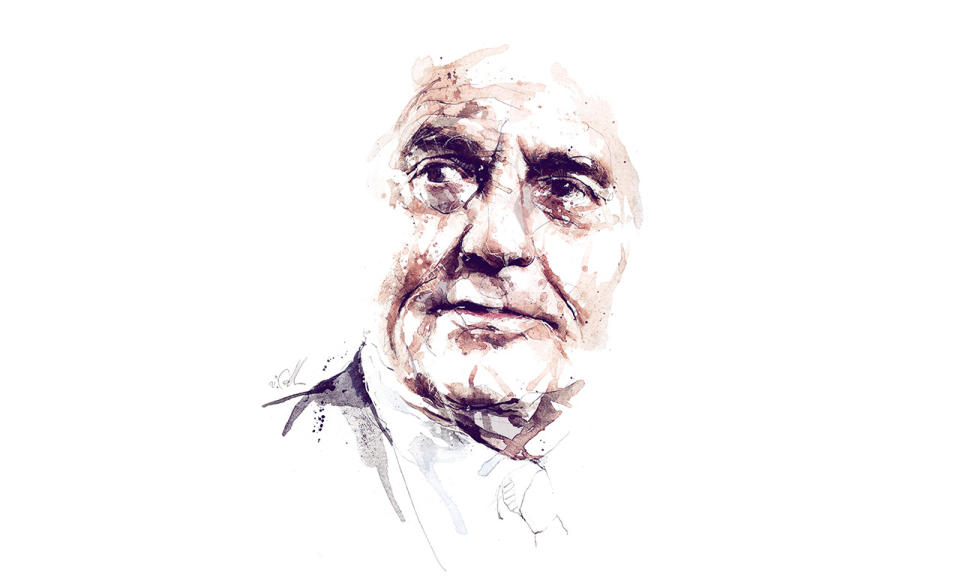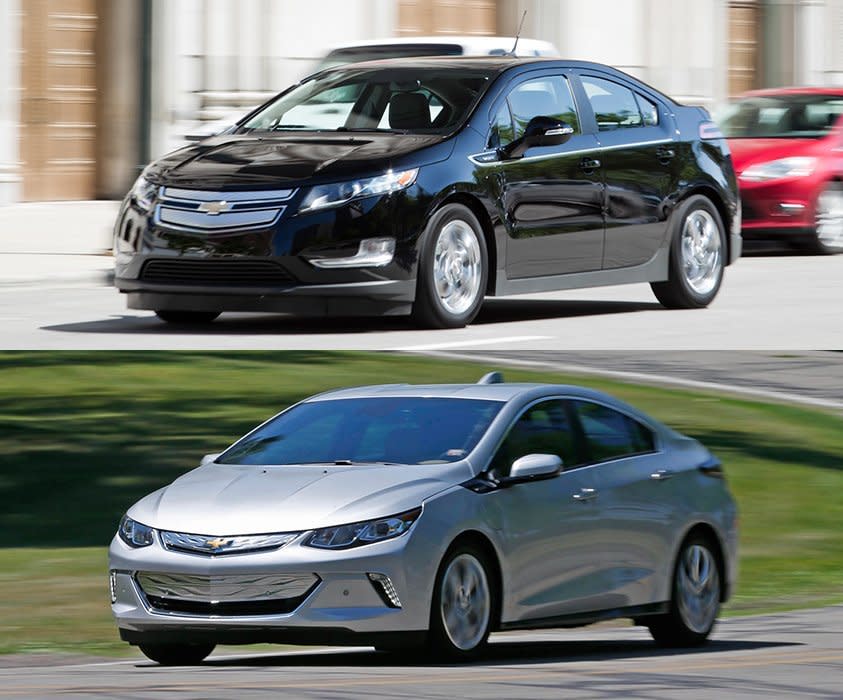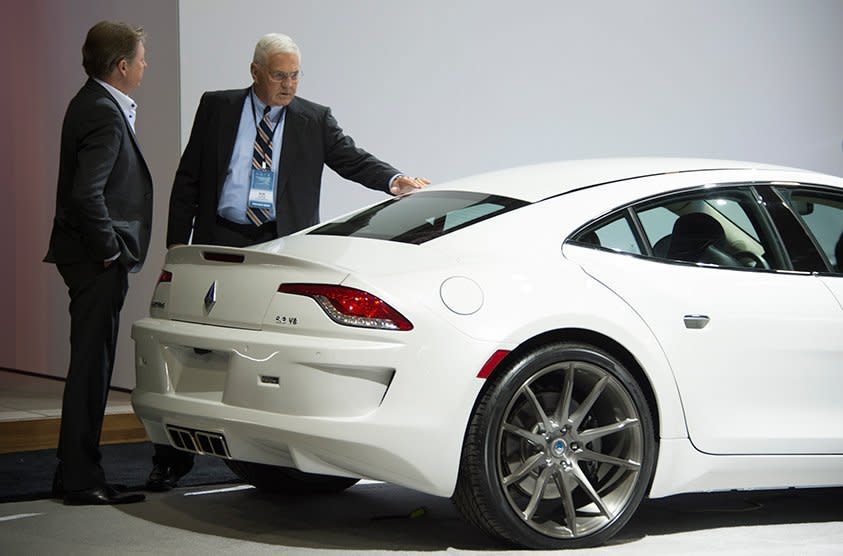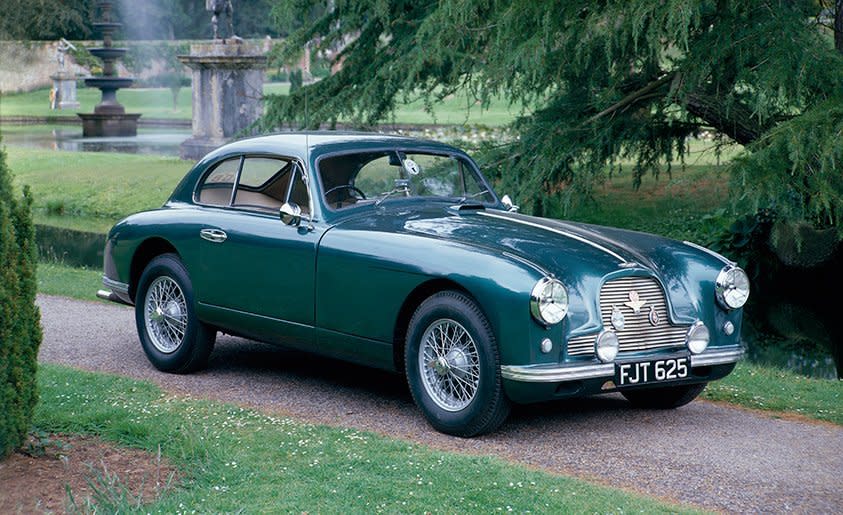What I'd Do Differently: Bob Lutz


From the September 2016 issue
C/D: Are you flying these days?
BL: Still fly my Aero Vodochody L-39 fighter/trainer and my MD-500E helicopter. I must be the oldest pilot in the world to still fly a tactical military aircraft.
C/D: What might save Lincoln?
BL: In the time left for the automobile as we know it, it won’t be possible to make Lincoln a truly aspirational brand. The new Continental, while not as good as the concept, is a design language cribbed from Bentley. Which is fine, because if you’re gonna steal, rob from a bank and not a grocery store. But cars don’t matter much anymore—it’s crossovers that count. Will Lincoln ever again inspire an image of superiority, where your friends say you bought a cool car just because they admire the brand? Probably not.
C/D: Will Tesla still exist 20 years from now?
BL: As it is presently, no. As they say, “Socialism is great until they run out of other people’s money.” Tesla burns cash. It’s not a car company, it’s a cult of fanatics who think Elon Musk can do no wrong. But financially, it doesn’t work.

2012 Chevrolet Volt and 2017 Chevrolet Volt
C/D: What car are you most proud of?
BL: Everybody laughs, but the Volt—the most difficult to accomplish in a corporate environment. So much advanced engineering in a car we knew we’d sell at a loss.
C/D: Because automakers eat so much capital, will we eventually see only four or five remaining?
BL: It’s likely. With autonomous cars, you’re gonna see more consolidation. Once we have transport modules, you order off the phone and brands won’t matter anymore. When brands don’t matter, the auto industry ends. It’s got another 20 years.
C/D: How goes the VLF Destino supercar?
BL: We’ve started delivery. Carlos Santana has his, I have mine. We had no more than 25 people on the project, so I was gratified at the refinement we achieved. We’ll produce 100 per year and sell them at former Fisker dealerships.

Fisker co-founder and namesake Henrik Fisker and Bob Lutz talk next to a VLF Destino at the 2016 Detroit Auto Show.
C/D: What’s in your garage?
BL: The Destino. My dad’s ’52 Aston Martin DB2 Vantage, an Autokraft Cobra, a ’34 LaSalle, a ’62 Buick Skylark convertible, my Cunningham roadster, and a ’71 Monteverdi 375 High Speed coupe.
C/D: What’s to be done with Chrysler?
BL: De-emphasize the automobiles and find partners to concentrate on Ram and Jeep only. The amazing thing about Jeep is that no one thinks of it as an American brand—it’s nationally neutral. A Jeep Grand Cherokee goes to owners of Audis and Benzes, where it’s considered the family car. Those buyers wouldn’t say that about a Ford Explorer or a Chevy Traverse.
C/D: Your greatest influence?
BL: The Marine Corps taught me commitment, courage, focus, and a value system that can easily suffice for people like me who aren’t religious. Then, also, Lee Iacocca, who taught me leadership via a balance of force, intimidation, kindness, understanding, humor, and being fatherly. He told me I wasn’t sufficiently humble, which I wasn’t. After the famous TV ads featuring Lee, he became like Musk—people bought the cars because they thought Lee was a visionary.

1952 Aston Martin DB2
C/D: What’s your take on car companies competing in F1?
BL: Total waste of time. It provides nice outings for execs to visit hospitality suites, but it doesn’t sway purchasing decisions. The percentage of the public that gives a damn is dwindling.
C/D: Is it possible that Ferdinand Piëch might be responsible for VW’s Dieselgate?
BL: Yes. Employees have to be able to say to the CEO, “We figured it couldn’t be done, but we tried our best for you, and now we know it can’t be done.” But with Piëch, if you failed, it was, “Off with their heads.” People who fear losing their jobs start lying.
C/D: What’s the most important thing you learned in Europe?
BL: The overriding importance of product excellence. When I was at Ford of Europe and Opel, they were always gunning for best in class. Meanwhile, the mother ship in America’s motto was, “We don’t have to do good cars, just good enough.”
C/D: Of the Big Three you worked for, which was the most thorny?
BL: Ford, a very tight, finance-driven culture with everything quantified. Plus, there were elected execs and the Ford family, all meddling, yet we still had to serve the shareholders.
C/D: Anything you’d have done differently?
BL: I’d have paid more attention to my personal life and had fewer divorces. And I regret never being the CEO of a major auto company. If I’d not frequently treated Lee Iacocca with such disdain, I think there’s a good chance I’d have been CEO at Chrysler. But I was sort of a smartass, and I’d take on Lee in big meetings. His message after that was “ABL”—Anybody But Lutz.

 Yahoo Autos
Yahoo Autos 